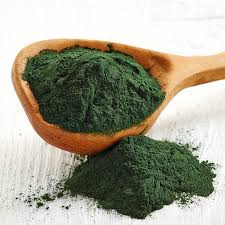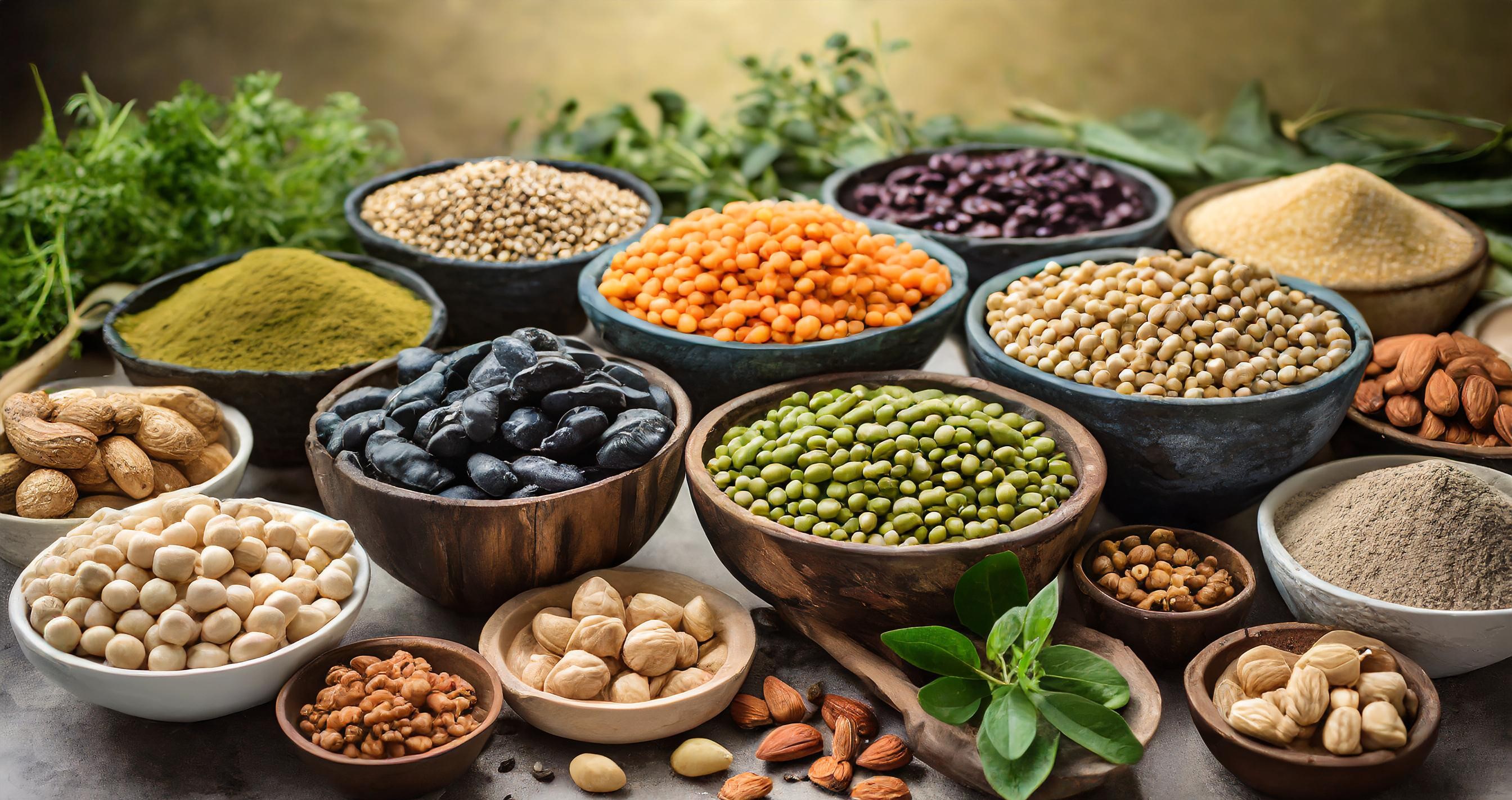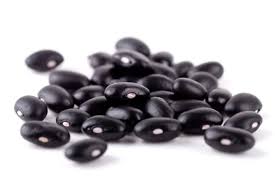Plants are the primary source of protein, with animals being an exception. This type of protein is becoming increasingly popular for a variety of reasons, including health, environmental, and ethical reasons. Plant proteins are found in a variety of foods, including beans, lentils, tofu, tempeh, chickpeas, peas, nuts, seeds, and certain grains such as quinoa. There are also plant-based protein powders made from pea protein, rice protein, hemp protein, and soy protein that can be used as an addition to shakes and smoothies or added to recipes to increase protein content.
Picking the fitting plant-based protein can be impacted by different variables, including individual inclinations, dietary limitations, and nourishing necessities. In addition, however, here is a summary of 20 universally accepted sources of plant protein that are known for their benefits, flexibility, and accessibility
Lentils:
Characterized by its vibrant colors. , including green, brown, red, yellow, and black. Many kitchens worldwide use them as they are versatile, affordable, and nutritionally beneficial. Additionally. It usually contains folate, iron, potassium, and manganese. Lentils are also low in fat and calories, making them a nutritious addition to a balanced diet.
1 cup of cooked lentils usually contains 17g of protein.
Chickpea:
Known as garbanzo beans, are widely consumed and highly sought after worldwide for their versatility in cooking/drinking situations. They contain particularly high amounts of folate, manganese, iron, phosphorus, and copper. In addition, chickpeas are low in fat and calories, making them a useful addition to various varieties. Also, chickpeas contain cell reinforcements and phytonutrients that work on general well-being and may assist with diminishing the gamble of constant sicknesses like coronary illness, diabetes, and a few malignant growths.
1 cup of chickpeas contains 14.5 g of protein.
Black Beans:
|
1 cup of cooked black beans contains 15 g of protein. |
Nutritional yeast:
In vegan and vegetarian foods, It is a commonly used food product that enhances the flavor or taste of dishes. It is made from a yeast strain called Saccharomyces cerevisiae grown on a mixture of sugar cane and beet molasses. After collection, the yeast is inactivated (killed) by heating, then washed, dried, and crushed into flakes or ground into powder.
Healthful yeast has a nutty and messy flavor, making it a typical substitute for cheddar in vegetarian recipes. It is likewise wealthy in fundamental supplements, giving a total nourishing profile, a characteristic protein that contains every one of the nine fundamental amino acids the body can't orchestrate itself This makes it a critical wellspring of protein for veggie darlings and vegans.
A tablespoon of invigorating yeast gives 5 grams of protein.
Soybean:
Many people rely on soybeans to produce soy protein, which is also a popular vegetable protein source. It is considered a complete protein because it contains all nine essential amino acids, which the body must obtain from food because it cannot produce them on its own.
Spirulina:
 Freshwater habitats such as lakes, ponds, and rivers contain Spirulina, which are blue-green. it has been used for centuries for its high nutritional value and health benefits. Due to its bright blue-green hue, frequently utilized as a food supplement either in powder form or as tablets
Freshwater habitats such as lakes, ponds, and rivers contain Spirulina, which are blue-green. it has been used for centuries for its high nutritional value and health benefits. Due to its bright blue-green hue, frequently utilized as a food supplement either in powder form or as tablets
Some people may be allergic to spirulina or other algae. It is important to start with a low dose and watch for possible negative side effects. To ensure safety and quality, choose from reputable brands that have been rigorously tested for contaminants such as heavy metals and microorganisms.
1 teaspoon of spirulina contains 2 grams of protein.
Almonds:
Are not only a good source of protein but also healthy fats, fiber, vitamin E, magnesium, and calcium. They can be eaten as a snack or added to meals for extra protein. Antioxidant-rich, low-carb.
A handful of almonds (about 28g) typically contains 6g of protein.
Cashews:
Cashews, commonly known as cashews, are a good source of healthy fats, especially mono- and polyunsaturated fats. High levels of protein are found in both fats and proteins.
And usually contain 5g of protein per serving (28g).
Beans:
Very nutritious and also rich in fiber and protein. One serving usually contains 6 grams of fiber. Also rich in minerals such as iron, zinc, potassium, and magnesium,
½ cup of beans contains 6-9 g of protein.
By varying plant-based protein sources, you can enjoy different tastes and textures while making sure your body is getting all the nutrients it needs. Experiment with different recipes and ingredient pairings to find the best options for your preferences.

 Local to Focal and South America, dark beans are a vegetable otherwise called Phaseolus vulgaris. Because of their flexibility, health benefits, and flavor, they have been a typical fix in various culinary styles overall for a long time. They also provide many antioxidants, such as
Local to Focal and South America, dark beans are a vegetable otherwise called Phaseolus vulgaris. Because of their flexibility, health benefits, and flavor, they have been a typical fix in various culinary styles overall for a long time. They also provide many antioxidants, such as